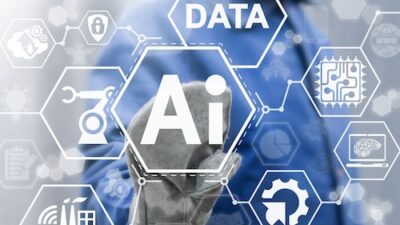In an exclusive interview with CNBC-TV18, Khare cautioned that AI is set to disrupt the fundamental operations of business process outsourcing (BPO) and IT service firms—tasks that have historically been manual and repetitive, now ready for automation.
“This is occurring on a colossal scale,” Khare noted. “Every major platform shift over the past two decades—the internet, mobile—has resulted in the emergence of new winners and losers. The impact of AI is even more profound.”
Khare emphasized that a large portion of spending in sectors such as healthcare, financial services, and home services has typically been directed towards manual services. Companies like Epic, Veeva, and ServiceTitan have long been key players in these fields, but a new wave of AI-first startups is beginning to emerge. These newcomers are quickly gaining traction, appealing to hospitals, insurers, and banks with tools that automate tasks once performed by humans.
“Traditionally, most of the expenditures in these sectors have been allocated to manual services, benefiting BPOs and IT service firms. However, AI now facilitates much greater automation,” Khare explained. “The TAM—or total addressable market—is now not just about software expenditures; it also encompasses labor costs.”
While many outsourcing companies assert that they’re prepared for this evolution, Khare remains doubtful. “Everyone claims that. Established players always say it,” he remarked. “They’ve all developed AI divisions in recent years, generating some revenue from that. However, many of these enterprises struggle to manage the changes on their own, leading them to seek assistance.”
He acknowledges there’s still potential for service companies to guide enterprises through this transition, but he claims the agility of AI-native startups provides them with a significant advantage. “We believe some of these startups are considerably more agile and may have opportunities in certain vertical markets.”
Watch the video for more
(Edited by : Ajay Vaishnav)



